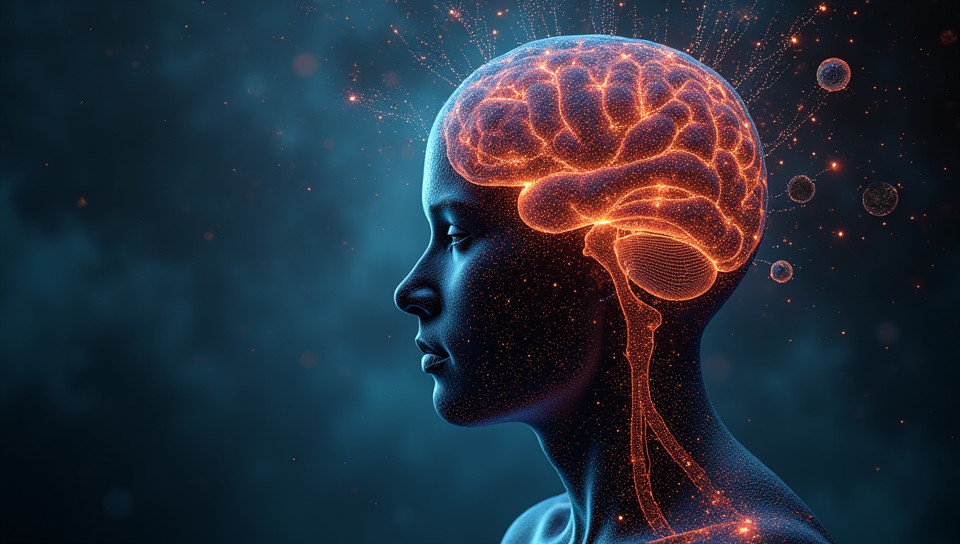Thoughts affect our emotions and physical responses 75%

The Power of Thought: How Our Minds Shape Emotions and Physical Responses
Have you ever noticed how your thoughts can affect your mood, energy levels, or even your physical sensations? Perhaps you've experienced a racing heart when thinking about an upcoming presentation or felt a knot in your stomach when facing a difficult conversation. It's no coincidence that our minds have such a profound impact on our emotions and bodily responses.
The Connection Between Thoughts, Emotions, and Physical Responses
Our thoughts are not just abstract concepts; they have a direct influence on our emotional states and physical well-being. When we think about something, our brain processes the information, and this processing can trigger a range of physiological responses. For instance:
- We might experience a rush of adrenaline when thinking about a thrilling adventure
- Our muscles tense up in anticipation of a challenging task
- We feel calm and relaxed when recalling a peaceful memory
The Science Behind Thought-Induced Emotions
Research has shown that our thoughts can alter the activity in various brain regions, influencing the release of neurotransmitters and hormones. This, in turn, affects our emotional states and physical responses. For example:
- Positive thoughts have been linked to increased dopamine levels, which can improve mood and motivation
- Negative thoughts can lead to elevated cortisol levels, contributing to stress and anxiety
Managing Thoughts for Better Emotional and Physical Well-being
So, what can we do to harness the power of our thoughts and maintain a healthy balance between emotions and physical responses?
Practicing Mindfulness and Self-Awareness
Being more mindful and aware of our thoughts allows us to recognize patterns and triggers that may be affecting our emotional states. By acknowledging these patterns, we can take steps to redirect our thoughts and cultivate more positive mental habits.
Replacing Negative Thoughts with Positive Ones
Challenging negative self-talk and replacing it with constructive affirmations can have a profound impact on our emotions and well-being. This simple yet powerful technique can help us build resilience and confidence.
Conclusion
The connection between our thoughts, emotions, and physical responses is undeniable. By understanding the science behind thought-induced emotions and taking steps to manage our mental habits, we can take control of our emotional lives and maintain optimal physical health. Remember, your mind is a powerful tool – use it wisely.
- Created by: Sophia Evans
- Created at: Oct. 16, 2024, 12:27 p.m.
- ID: 12969






